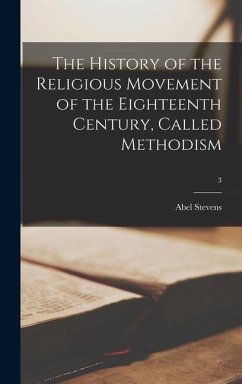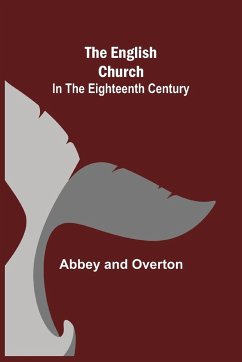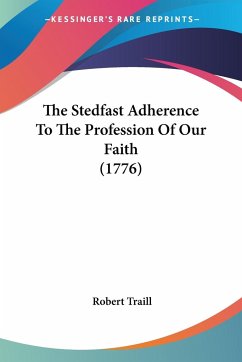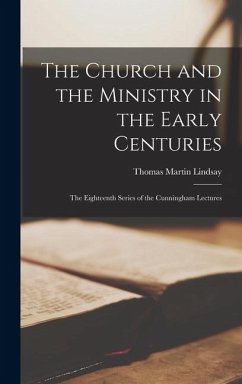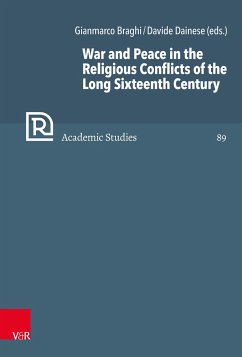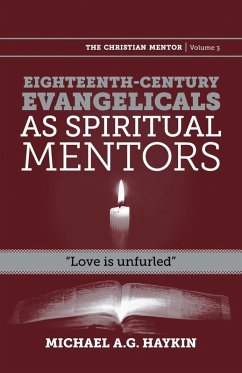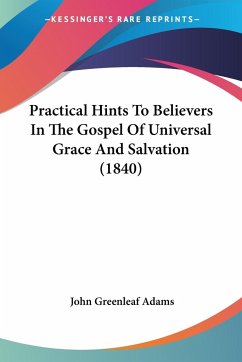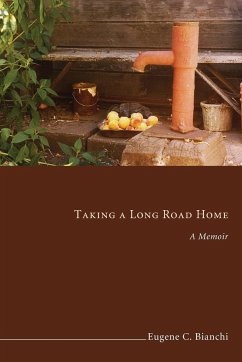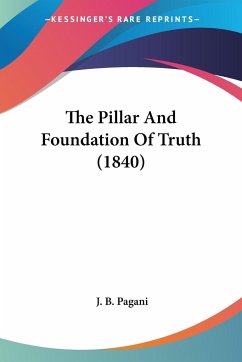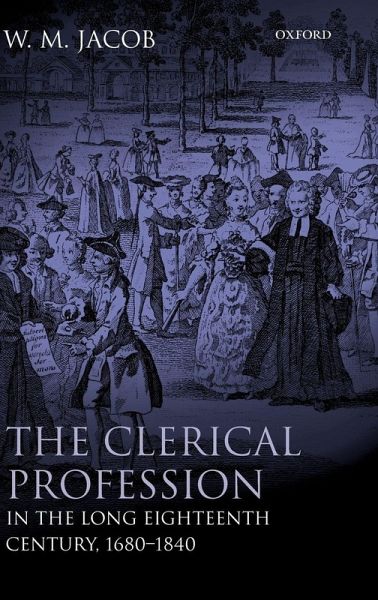
The Clerical Profession in the Long Eighteenth Century, 1680-1840
Versandkostenfrei!
Versandfertig in 1-2 Wochen
182,99 €
inkl. MwSt.

PAYBACK Punkte
91 °P sammeln!
W. M. Jacob examines the concept of 'profession' during the later Stuart and Georgian period, with special reference to the clergy of the Church of England. He describes their social backgrounds, how they were recruited, selected, and educated, and obtained jobs; how they were paid, and their lifestyles and family life, as well as examining the evidence for what they did as leaders of worship, pastors and teachers, how their parishioners responded to them, and how they were supervised. Jacob concludes that, contrary to popular views, the clerical profession was much better organized, educated,...
W. M. Jacob examines the concept of 'profession' during the later Stuart and Georgian period, with special reference to the clergy of the Church of England. He describes their social backgrounds, how they were recruited, selected, and educated, and obtained jobs; how they were paid, and their lifestyles and family life, as well as examining the evidence for what they did as leaders of worship, pastors and teachers, how their parishioners responded to them, and how they were supervised. Jacob concludes that, contrary to popular views, the clerical profession was much better organized, educated, and supervised than the medical and legal professions during this period. During the 'age of reform' from the 1780s to the 1830s, all the professions were criticized: Jacob suggests that the modest regulation and professional training introduced in the other learned professions in the 1830s only slowly brought them to the standard already achieved by the clerical profession.



